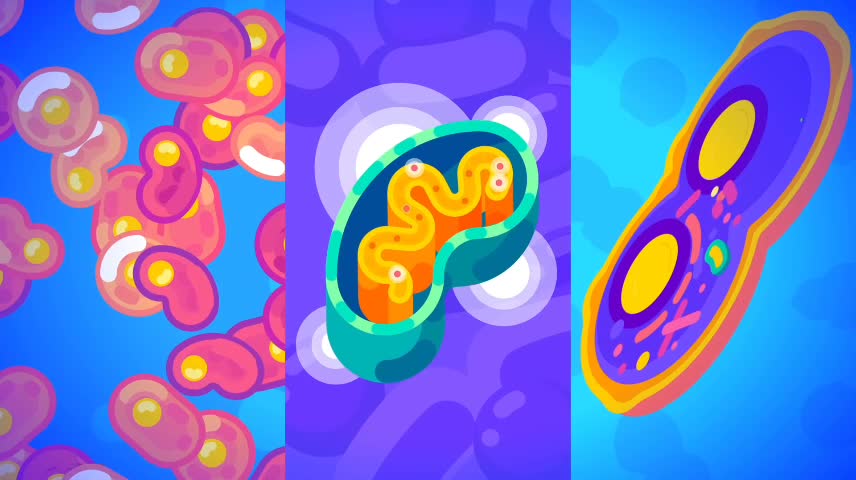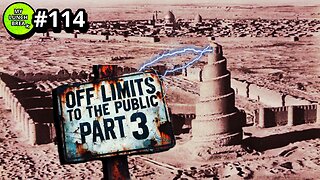Premium Only Content

Dark ForestWhy Blue Whales Don't Get Cancer - Peto's Paradox
Whales Don't Get Cancer-Peto's Paradox Cancer Dark ForestWhy Blue Whales Don't Get Cancer-Peto's Paradox Cancer is a creepy and mysterious thing that has yet to be solved by humans. Cancer also affects many animals, including cute cats and dogs. Among all the theories, the most accepted one is mutation accumulation. Our cells work on the basis of protein synthesis, guided by the genetic material DNA. Cells break down old proteins and make new ones, so metabolism goes on methodically. But there are millions of metabolic processes that can't go wrong. Small mistakes can build up and eventually lead to cancer cells.
From this point of view, cancer cells are possible in any animal made of cells. In general, the larger the animal, the more cells it has, the more likely it is to accumulate errors and develop cancer.
However, there are some large animals in the animal kingdom, such as elephants, blue whales and naked mole rats, that are less likely to develop cancer. In the 1970s, Richard Peto, an epidemiologist at The University of Oxford in England, discovered this phenomenon and came up with what became known as Peto's Paradox -- if cancer is due to randomly activated mutations, then larger animals with more cells should be at greater risk of developing cancer early in life. But confusingly, large animals have far fewer cancers than theory suggests, and there is no correlation between an animal's body size or relative longevity and the chance of developing cancer in all of these cells.
Peto speculates that as animals get older and larger, there may be built-in biological mechanisms that prevent cancer cells from forming.
Why are large animals less susceptible to cancer? What implications does this have for cancer treatment? Could eradicating cancer endanger human evolution? The new thinking triggered by Peto's paradox has far-reaching implications for cancer treatment and drug design. If we can one day find a perfect explanation for Peto's paradox, we may be able to conquer cancer.
-
 1:50:38
1:50:38
Mally_Mouse
10 hours agoSaturday Shenanigans!! - Let's Play: Mario Party Jamboree
48.7K -
 1:13:00
1:13:00
Patriots With Grit
14 hours agoWill Americans Rise Up? | Jeff Calhoun
40K13 -
 14:55
14:55
Exploring With Nug
14 hours ago $10.99 earnedWe Found Semi Truck Containers While Searching for Missing Man!
56.7K7 -
 27:57
27:57
MYLUNCHBREAK CHANNEL PAGE
21 hours agoOff Limits to the Public - Pt 3
126K65 -
 38:07
38:07
Michael Franzese
14 hours agoLeaving Organized Crime and Uncovering Mob in Politics: Tudor Dixon and Michael Franzese
102K15 -
 2:42:54
2:42:54
Jewels Jones Live ®
2 days agoAMERICA IS BACK | A Political Rendezvous - Ep. 111
80.3K50 -
 8:47:33
8:47:33
Due Dissidence
1 day agoLIVE: Workers Strike Back Conference ft. Chris Hedges, Jill Stein, Kshama Sawant, and More!
118K91 -
 8:36:37
8:36:37
Right Side Broadcasting Network
5 days agoLIVE REPLAY: CPAC 2025 Day Three with President Donald J. Trump - 2/22/25
463K103 -
 1:05:34
1:05:34
The Big Mig™
22 hours agoConfirmed Kash Patel New FBI Director, Bring On The Pain |EP483
111K31 -
 53:59
53:59
Tactical Advisor
18 hours agoThe Vault Room Podcast 009 | Everyone Getting $5000?!
87.7K12